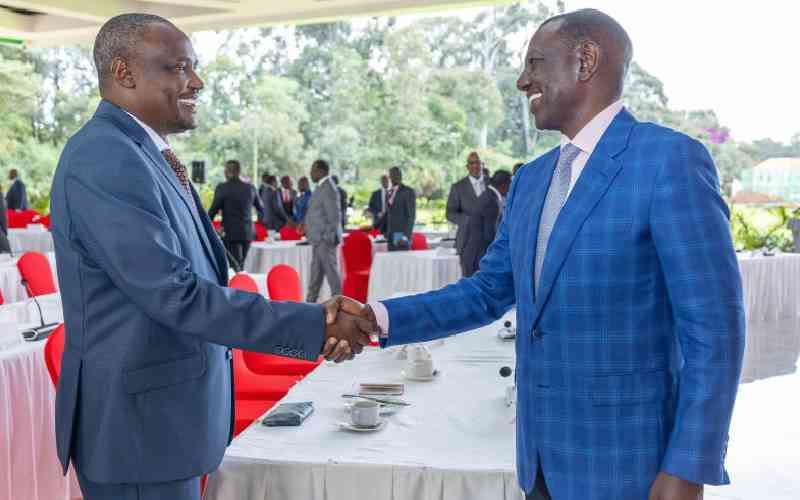×
The Standard e-Paper
Kenya’s Boldest Voice

A plan by the government to raise Sh178 billion in revenue through amendment of various tax laws has sparked debate, with a section of MPs and clergy weighing in.
The proposed measures by the Treasury, which introduce new taxes but also offer some reliefs and exemptions to sections of Kenyans and businesses, are in Parliament for public participation ahead of debate and enactment.